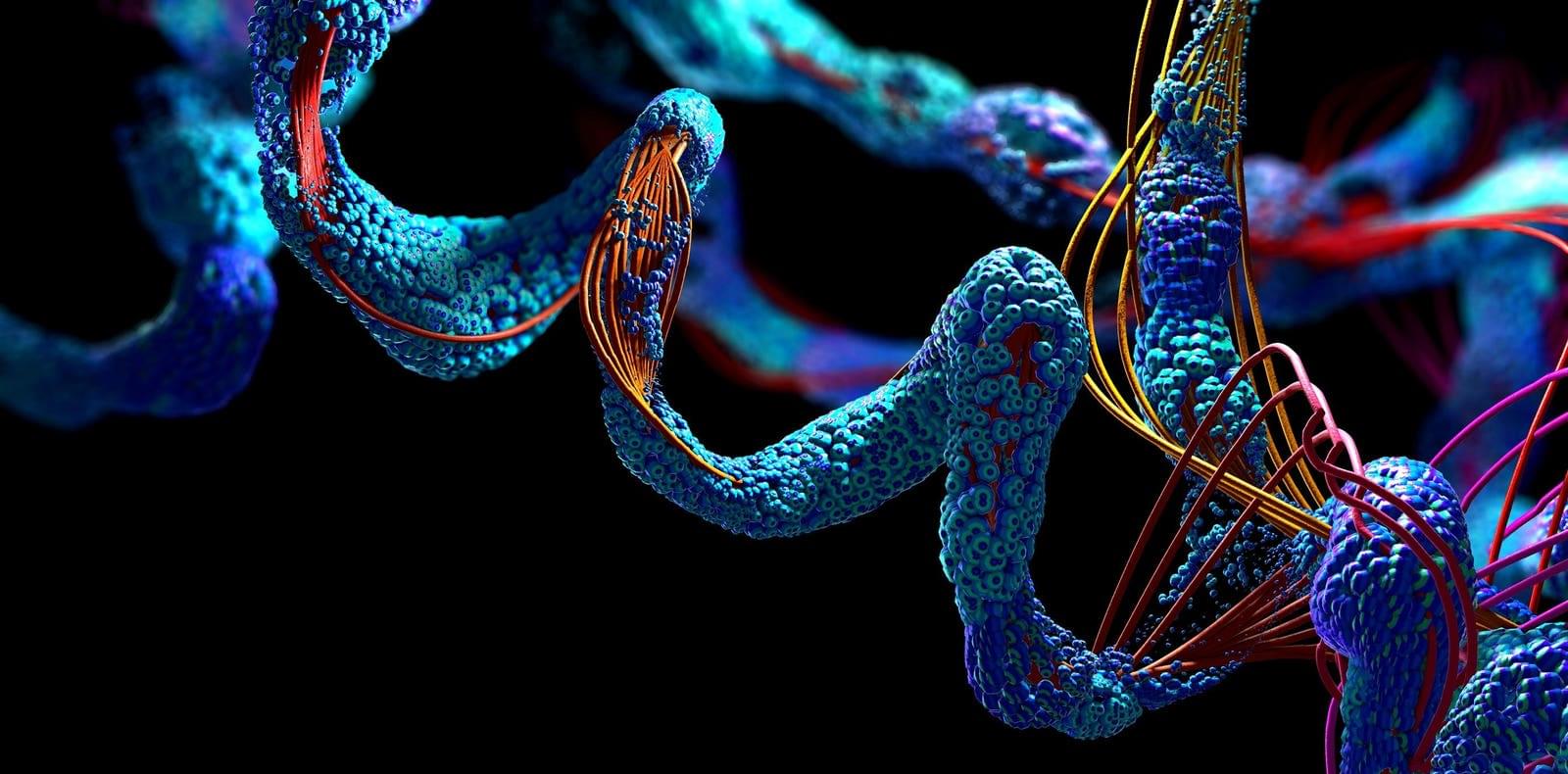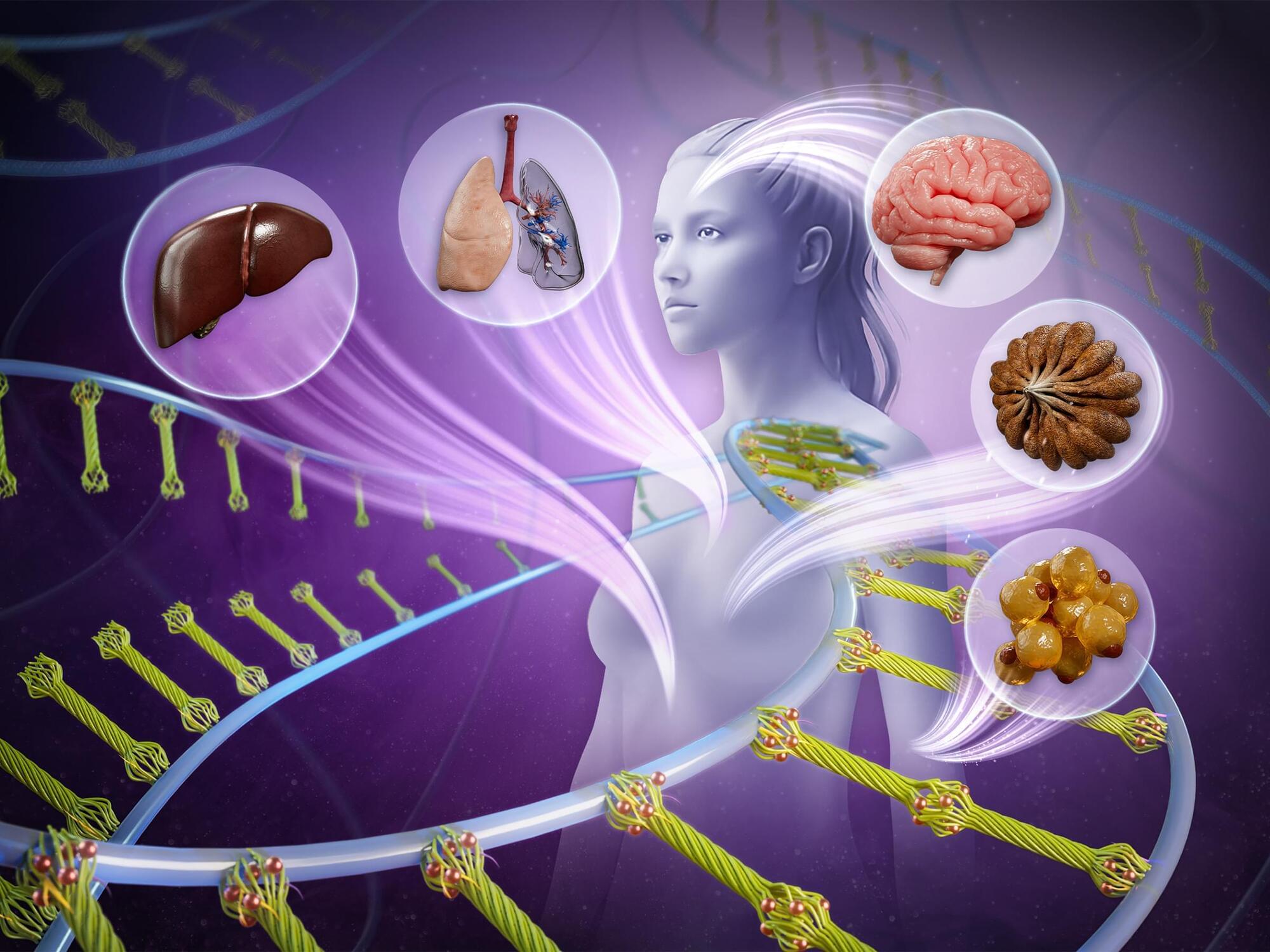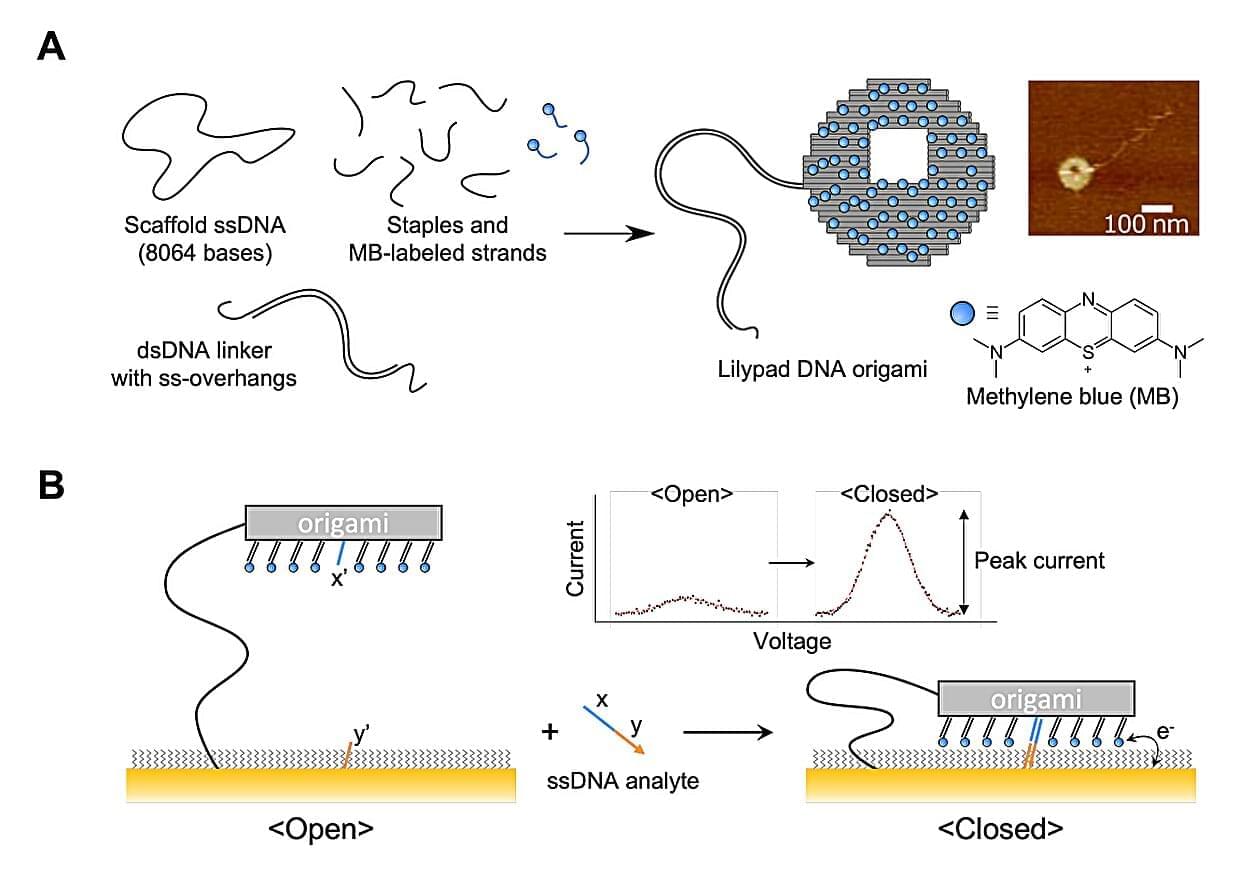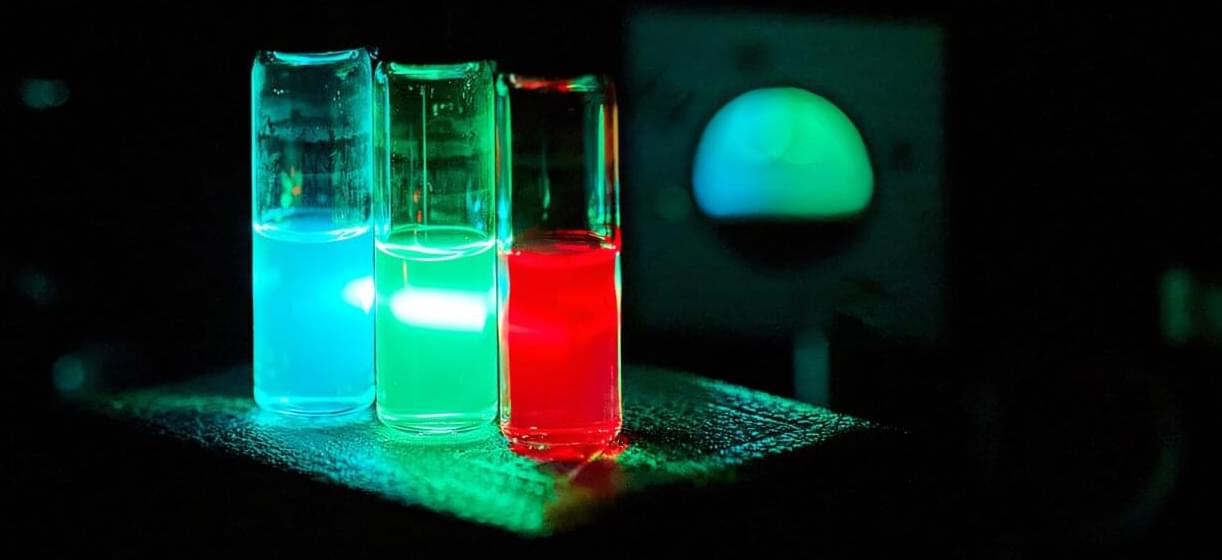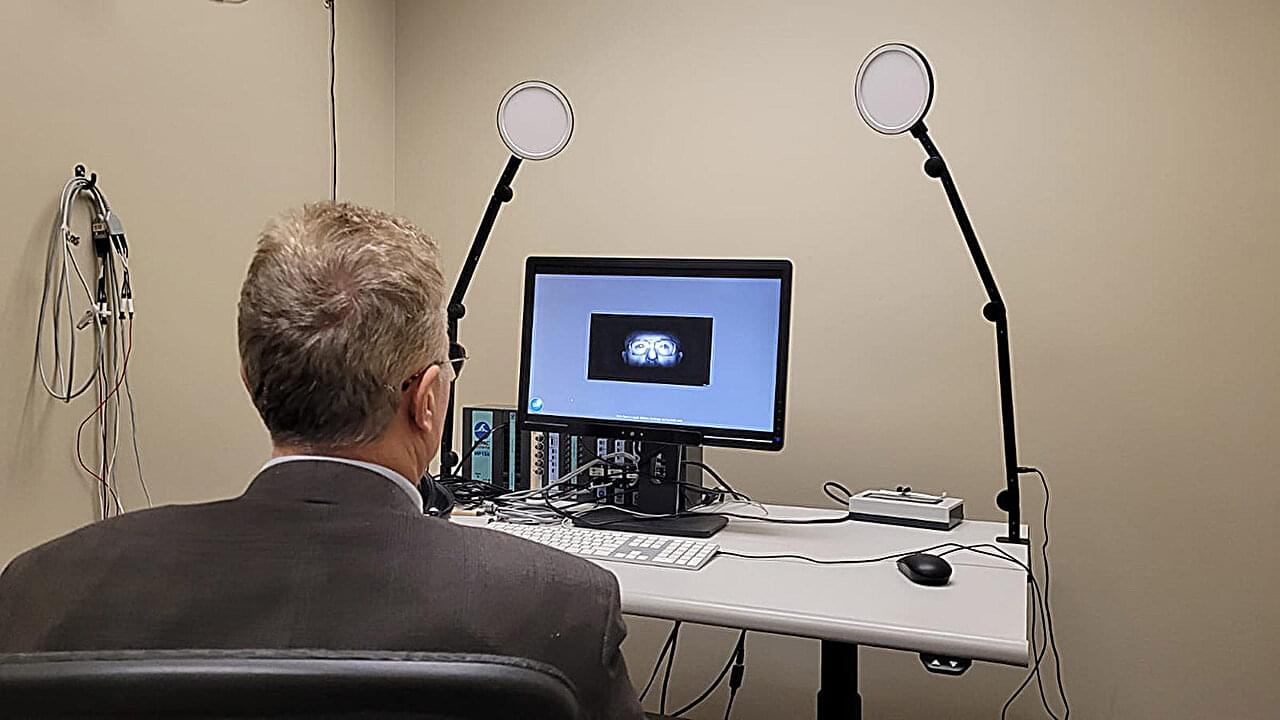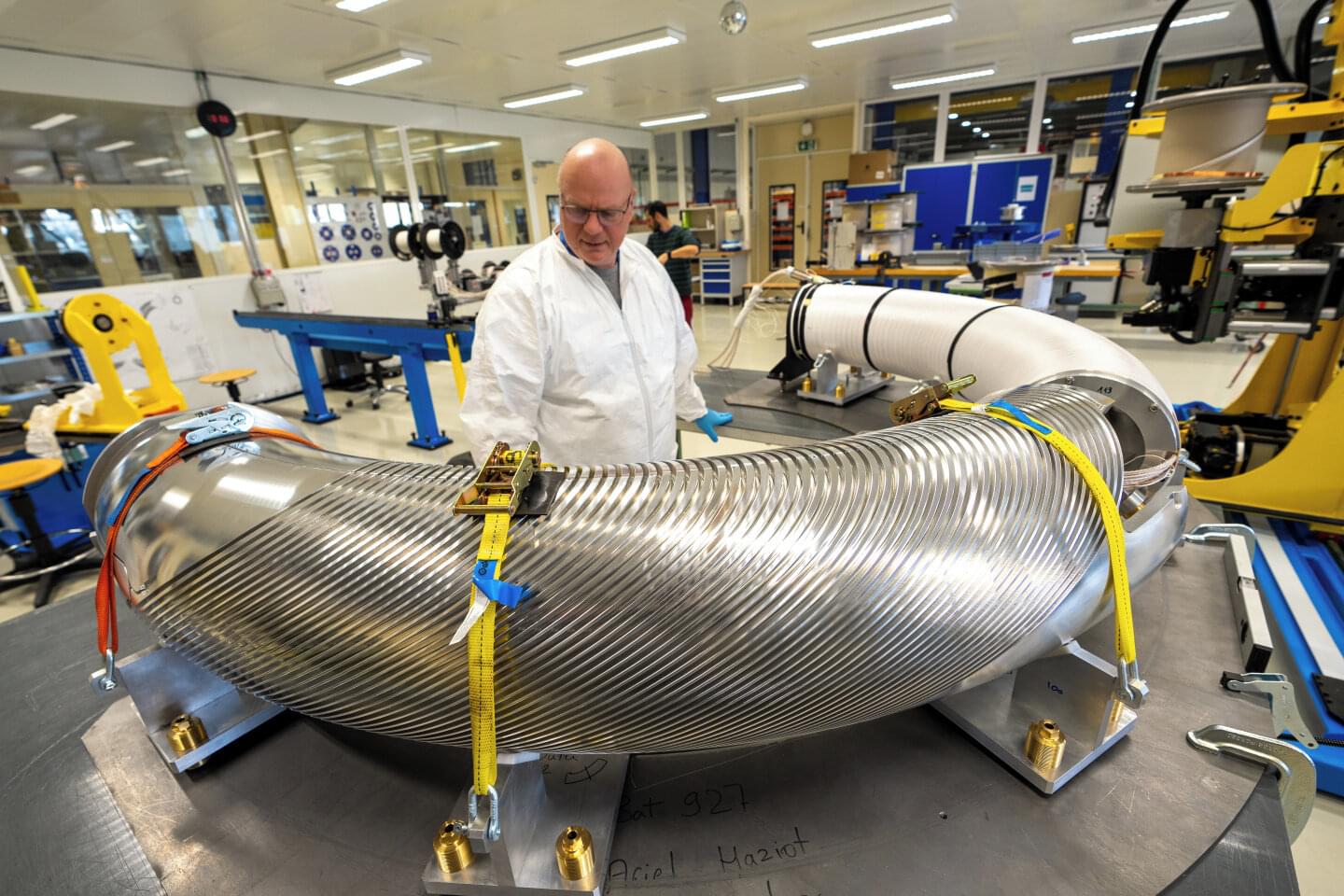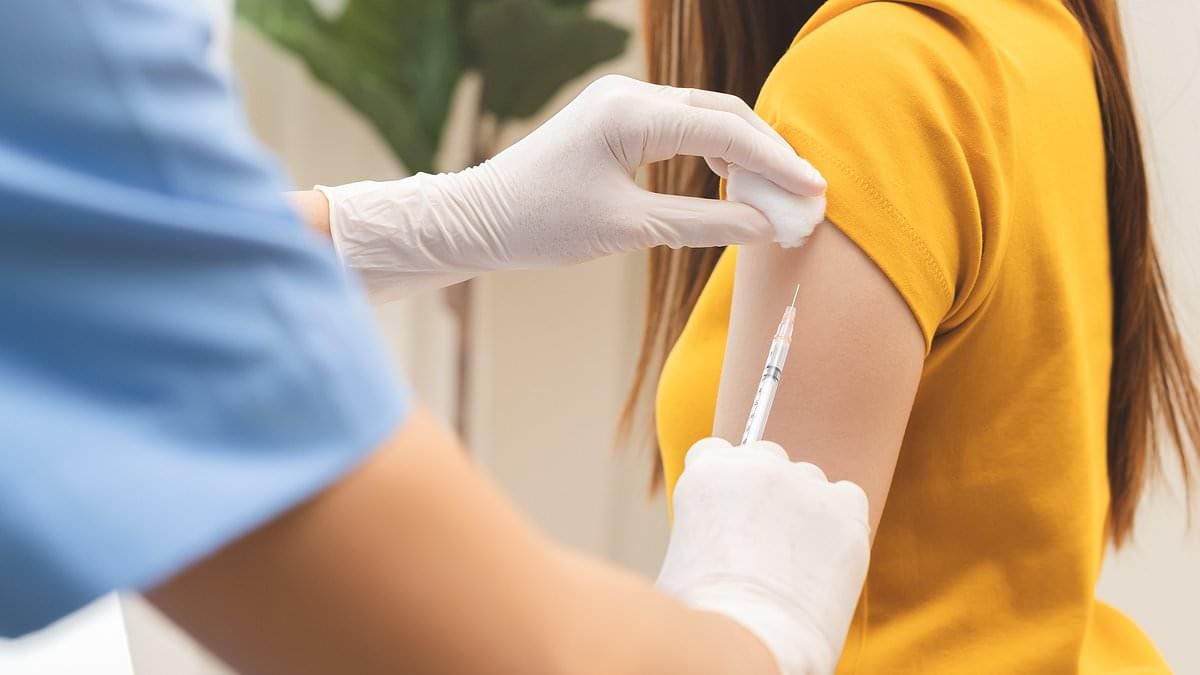Furthermore, healthcare and life sciences are both booming sectors with regards to artificial intelligence applications. Many other companies are also working at the intersection of technology and biology, given the numerous challenges that are present in the fields of drug discovery and protein folding. For example, Deepmind and Isomorphic Labs have made immense progress with AlphaFold, another leading foundation model ecosystem to better understand protein folding. Meta created something similar with its ESM Metagenomic Atlas. Given the increasing rates of catastrophic disease and the rapidly evolving nature of pathogens, scientists in these sectors hope to use the best of the advancements in AI to help solve some of biology’s toughest challenges.
Indeed, the immense progress that has been made thus far has paved the way for monumental scientific inventions and developments to emerge in the years ahead. Undoubtedly, this work is just getting started.
